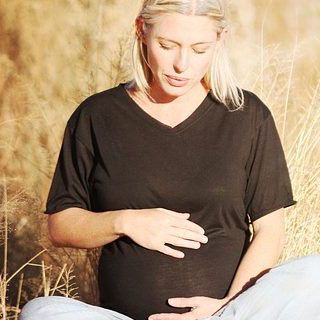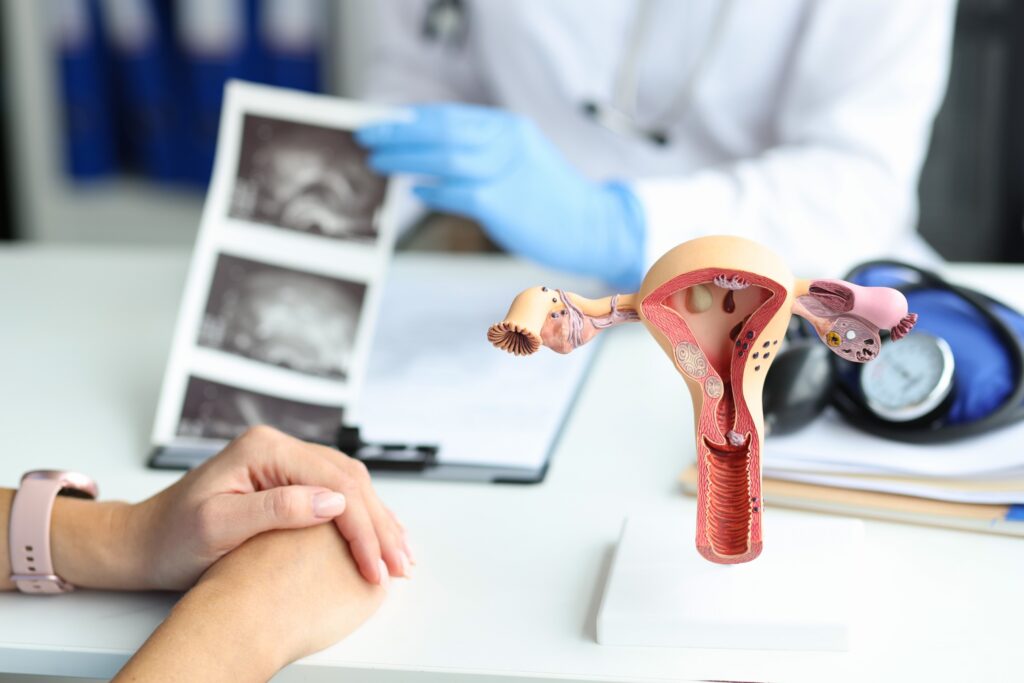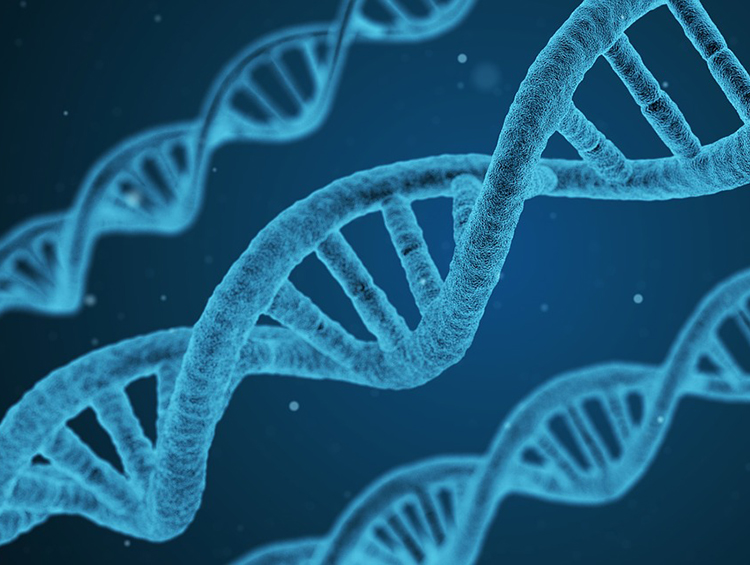Embryo adoption is an assisted reproduction treatment that gives the opportunity to become a mother to many patients. Although, for many could be considered the “last option,” the results obtained place it at the forefront in terms of probability of success. Embryo adoption consists in thawing and transferring to the uterus of the recipient woman, frozen embryos from couples who, having achieved pregnancy through in vitro fertilization (IVF) or egg donation, have donated them for reproductive purposes.
Who chooses embryo adoption to become a mother
Embryo adoption is recommended to women or couples who have ruled out using their own eggs and sperm, for various reasons, to achieve a pregnancy. In the case of women, is associated mostly with age, low reserve or quality of oocytes, or not having a male partner; and in the male, to absence or severe alterations in the sperm. Less frequent causes are genetic alterations, recurrent miscarriages or the failure of other assisted reproduction techniques, like IVF or egg donation.
Women without a male partner
Embryo adoption is common in women over 40 without a male partner, knowing that becoming a mother with her own eggs can be difficult, and having discarded egg donation with donor sperm for various reasons. Many of these women have previously tried artificial insemination or IVF with donor sperm, and failed to become pregnant. Others, however, already over 43, want to resort to a treatment that quickly allows them to get pregnant, reducing the risks of miscarriage and abnormalities in the baby, associated with their age.
This group of patients prefers the embryo adoption from egg donation with donor sperm because, in general, they only want one pregnancy (they do not mind that there are not surplus embryos frozen for a possible second pregnancy); they prefer a singleton against a twin pregnancy, and one against a two embryo transfer (they accept that the number of available embryos from donors is low); having no male partner, they are more flexible in the demand for the physical resemblance of donors with herself; and the lower economic cost of the treatment is important to them.
Genetic diseases
Embryo adoption is an option for couples where one or the two members are carriers of alterations or genetic diseases that could be transmitted to the baby, or makes them suffer infertility or miscarriages. Normally, these couples have been recommended to do IVF with preimplantation genetic diagnosis (PGD), and either they have not succeeded, or their prognosis is poor. Other times, however, they cannot afford IVF with PGD.
In-vitro fertilization or egg donation failure
Embryo adoption is also a good choice in couples with poor prognosis, which after several cycles of IVF treatment using their own eggs and sperm, you have not got a pregnancy. In many of these cases, there is a diagnosis of low reserve and quality of own oocytes, and the couple has resorted to egg donation, and pregnancy has not been achieved. In these cases, it is suspected the existence of a limiting male factor. In some of these couples, the embryonic morphological quality achieved may have been correct, and they have been diagnosed of a failure of implantation; in others, few evolutionary embryos or recurrent miscarriages may have been obtained.
Rejection of egg donation
There are couples who prefer embryo adoption to egg donation when they are against a situation of low egg reserve or premature ovarian failure, spontaneous or secondary to surgery, chemotherapy or radiotherapy; and even in cases of recurrent miscarriages. The reasons are varied, the most frequent being the psychological and economic.
From the psychological point of view, there are couples who find greater balance with a pregnancy of a baby that does not have the genetics of any of them, but is the child of both. They are couples that take embryo adoption as a child adoption at embryonic stage.
In terms of the economic benefits of the treatment, embryo adoption conforms more to the budget for some couples. Egg donation is more expensive, due to including the study, treatment and economic compensation to the donor; while the embryos donated by other couples, are already frozen, so the cost includes only the treatment of preparation of the patient, the laboratory work and the embryo transfer.
Emotional aspects of being a parent by embryo adoption
Before starting a treatment of embryo adoption to become a mother it is essential that the woman or couple has weighed up all the emotional aspects that involves giving up their own genetics to have a child, and have thought about the doubts that might arise before, during and after pregnancy. Not all couples or patients are prepared to take that step and it is very important to make that psychological work before pregnancy occurs, to prevent or reduce possible future problems. For this reason, URH Garcia of Real offers a psychological consultation to all of our patients. Our psychologists will help you decide whether embryo adoption is your choice to become a mother.
If you are interested in learning more about how embryo adoption can help you becoming a mother, do not hesitate to contact us. We offer you a free first consultation where we will discuss your case in detail and will resolve all your doubts. You can make an appointment through our website or by phoning 91 740 16 90. We will be glad to help you!
Dr. Sylvia Fernández-Shaw Zulueta – Director of URH García del Real
Dr. Laura Blasco Gastón – Gynecologist specialized in Assisted Reproduction












